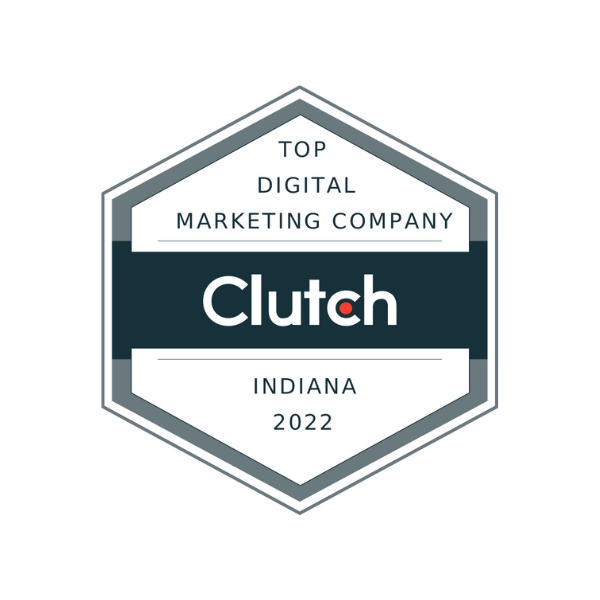Marketing that specifically uses online channels such as search engines, social media, and websites falls under the umbrella of digital marketing.
Simply put, digital marketing is any promotion or communication that appears on computers, tablets, and smartphones through the internet.
Digital marketing consists of many different platforms that all play a unique role in your marketing communications.
What are the components of digital marketing for small businesses?
We won’t cover every specific area of digital marketing and the landscape of relevant channels is constantly changes but we will look at some of the most important and most relevant for digital marketing today.
Websites
Websites are the digital hub of any business. It’s where people expect to find important information like your products/services, about your company, and how to get in touch.
Websites are often where marketing & advertising efforts drive traffic since getting some to land on your website can help you convert them into a customer.
Search engines
Search engines are essentially websites that help people find what they’re looking for online. When it comes to search, Google is far and away the dominant force. For your business, when someone is searching for products or services like yours, ranking on the first page for those searches – either organically or paid – can drive active buyers right to your digital front door.
Search engine optimization or SEO is the process of increasing where your website ranks on search engines for certain search keywords. This can be a valuable long-term marketing strategy for small businesses to consistently get relevant traffic to their website month after month.
Social media
Social media has become an increasingly important part of any digital marketing strategy over the last decade. Sites & apps like Facebook, Instagram, LinkedIn, and Twitter are some of the most popular in the world.
Building a presence on these platforms is how businesses today share news, updates, and promotions with current and potential customers alike. They are great platforms not just to share your message, but also to build customer loyalty, define your brand, improve customer service, and generate attention for new business.
Paid media
Paid search (PPC) and Paid social media advertising are powerful and popular marketing/advertising tools. This approach leverages the massive amounts of traffic sites like Facebook & Google get every single day.
These platforms make a bulk of their revenue through paid advertising from businesses big and small. By paying, you catapult yourself above organic search rankings or organic posts to ensure your ads are being viewed. While the cost can get high, the big advantages here are the flexibility to choose your ad spend as well as the amazing detailed targeting to reach the specific audiences that are most likely to become customers.
Local listings
Local listings are a massively underrated aspect of digital marketing for small local businesses. Much like search engines, Google also dominates the local listing marketing with Google Maps & Google Business. Other top local listings platforms include Apple Maps, YellowPages, Yelp, and Foursquare.
Despite Google’s dominance, having your business information accurate and up to date on all the top local listing sites is important. Having all your listings updated prevents customers from finding incorrect or outdated information and also makes your business look more established and trustworthy to both customers and even search engines. ]
Content marketing
Content marketing is about producing visuals, blogs, videos, or any kind of digital assets with the purpose of information, brand-building, or entertainment. Content marketing isn’t promotional by nature but rather to generate interest, provide value, or educate the audience.
In our eyes, content is what brings your digital strategy to life. Without any content, your website, social media pages, and any other online platforms become stale and stationary. You want to generate momentum, spark a conversation, grow your audience. Content is you accomplish that.
Digital marketing vs. traditional marketing
So, what’s the difference between digital marketing and traditional marketing? While digital marketing uses the online channels we discussed above, traditional marketing encompasses traditional media like magazines, radio, newspapers, television, and billboards.
One of the key differences between digital and traditional is targeting. The closest traditional media comes to targeting is a niche magazine or specific TV channel. You’re still making a lot of assumptions about the individual viewers. Digital platforms allow for extremely specific targeting through multiple demographics like gender, age, job title, geographic area, interest, and even online behaviors. On top of that, it is difficult if not impossible to measure the impact of your traditional marketing campaigns. Digital media allows you to view the data of who viewed, engaged with, and even converted from your efforts.
Another notable difference is the lack of call to action that traditional media can allow. You can try to put your phone number on a billboard but do you expect someone driving to grab their phone and call your insurance agency at that moment? Do you expect someone to stop watching their show to call your plumbing company when they see your ad on TV? Digital marketing through search engines captures your audience’s attention when they’re actively searching for businesses like yours. On social media, you can be one click away from your phone number or website where they can take action immediately rather than just hoping they remember your name or info from an ad they saw somewhere.
While traditional media still garners a lot of traffic & attention, the boom in digital platforms is monumental. While there is still a lot of debate on where marketing and advertising dollars should go today, it is clear what investments should be made to solidify your marketing strategy for the future and provide security for your business tomorrow.
Why is digital marketing important?
To generate interest and attention around your business today and years down the road, you’ll need a personalized digital marketing strategy to accomplish your unique goals.
In 2021, digital marketing is marketing. Unless you plan on closing your doors in the next few years or you simply don’t have any competitors, you’ll need to carefully assess and plan your digital marketing approach.
Websites are no longer a nice gimmick but are the bare minimum expectation for today’s consumers. Your website is what proves your business is legit. Just having a website is hardly enough. Does your website answer your customer’s questions, tell your story, and function just as well on mobile devices?
Some businesses are already realizing that social media is becoming the website of tomorrow. Many younger consumers look for a Facebook or Instagram page first. If your business is nowhere to be found but your competitors have started to capitalize on social, who do you think is going to capture the attention of the next generation of customers.
It’s hard to overstate the importance of existing on Google Maps, ranking on search engines, and creating content regularly for all your online platforms.
Digital marketing is here today and will only grow in importance tomorrow.










